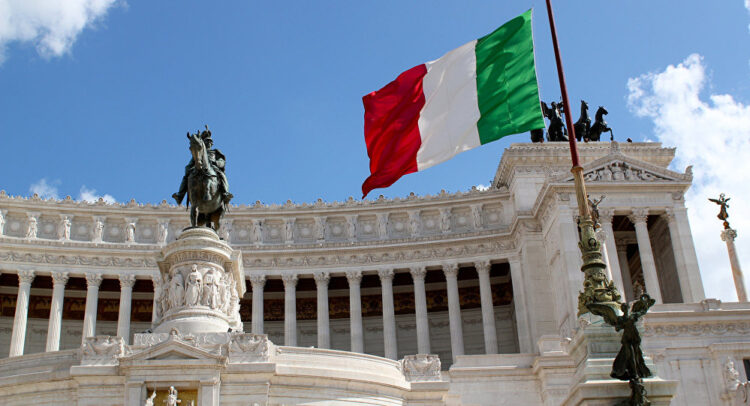The Bank of Italy will soon issue guidelines on implementing the European Union’s Markets in Crypto-Assets Regulation (MiCA).
Governor Fabio Panetta announced this during his address to the Italian Banking Association on July 9, 2024. stating that these guidelines aim to ensure effective MiCA application and protect cryptocurrency holders.
Panetta outlined two main token categories identified by MiCA: asset-reference tokens (ARTs) and electronic money tokens (EMTs). He emphasized that only EMTs, which are tied to a single official currency like US dollar-backed stablecoins, can fully function as a means of payment while maintaining public trust. ARTs, on the other hand, are pegged to multiple assets, such as gold-backed tokens.
During his speech, Panetta referred to Bitcoin and Ether as “unbacked crypto-assets,” describing them as lacking intrinsic value and comparing them to gambling. He noted that many crypto investors primarily aim to sell their assets at higher prices and warned of potential tax evasion and money laundering risks.
According to Panetta, these cryptocurrencies fail to fulfil money’s fundamental functions as a means of payment, store of value, and unit of account.
While the number of investors in unbacked cryptocurrencies is currently relatively low, Panetta cautioned that this could increase in the future, underscoring the importance of regulatory measures to mitigate potential risks.
Meanwhile, it appears that crypto businesses and firms across Europe are already taking steps to comply with MiCA. For instance, digital asset trading platform Uphold reportedly informed its users via mail in June 2024 that it would cease support for six stablecoins from July 1 due to the new regulations. The platform advised users to convert the affected stablecoins like USDT and DAI to USD Coins (USDC) by June 28.
In a related development, South Korea’s Financial Services Commission (FSC) recently issued guidelines on classifying non-fungible tokens (NFTs) as virtual assets. According to these guidelines, NFTs that are mass-produced, divisible, and usable for payments will be regulated similarly to cryptocurrencies. At the same time, those with minimal value or used for ticketing and digital certificates will be treated differently.
If you want to read more news articles like this, visit DeFi Planet and follow us on Twitter, LinkedIn, Facebook, Instagram, and CoinMarketCap Community.
“Take control of your crypto portfolio with Markets PRO, DeFi Planet’s suite of analytics tools.”





















